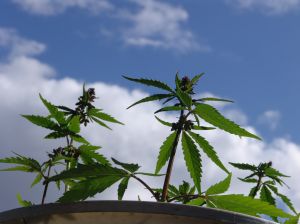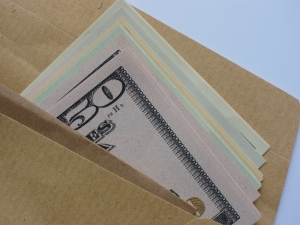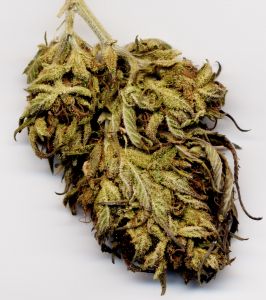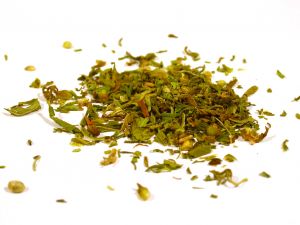Marijuana Advertisements Get Attention, Flak, Sometimes Legal Action
Nascar and beer seem a likely pair in the world of advertising.
But what about Nascar and buds?

Spectators at the Indianapolis Motor Speedway, attending the Nascar Brickyard 400, may have noted the new, 30-second spots that at first glance may have appeared to be your average ad for brew. Instead, the ads were promoting legal marijuana as an alternative.
Our Los Angeles marijuana lawyers recognize that as attitudes shift regarding the consumption of the plant – be it for medicinal or recreational purposes – we can count on the advertising industry to be on the cutting edge of those evolving mores.
Still, those who fund this burgeoning genre of marketing would do well to first consult with an attorney who is well-versed in marijuana law on a federal and multi-state level. While advertising is all about getting people to pay attention, sometimes the attention garnered is not so welcome.
For example, back in 2011, the federal government began targeting radio stations, newspapers and other media outlets that ran advertisements for medical marijuana dispensaries in California. Federal law bars people from placing ads for illegal drugs in any type of publication. Federal prosecutors have been working to extend that interpretation to online advertisements. (The U.S. Justice Department won a $500 million settlement from Google for selling ads linking to online pharmacies in Canada.) Because the law targets those who actually place the ads, the law could loosely be interpreted to include those who manage the publications.
The maximum penalty for a first-time offense is a four-year prison term. It’s eight years for someone with a prior felony offense.
However, an exception is made for ads that advocate the use of illegal drugs, but don’t technically offer them for distribution or sale. It’s likely that First Amendment arguments could be used to support the rights of companies and media outlets to run this material. Given the stiff penalties, though, it’s wise to first consult with a lawyer to make sure you’re on solid legal footing.
Another example of marijuana advertisements garnering negative attention was the ban on outdoor marijuana advertisements in Denver. The city council there voted unanimously to ban all outdoor medical marijuana ads, meaning those appearing on posters, billboards, bus benches, sign twirlers and windshield leaflets. Businesses were not barred by the city from advertising services online, on the radio, on television and in print – provided there was a clear indication that the products advertised were solely for use by patients who were appropriately registered under state law to receive medical marijuana.
That move came prior to state voters’ approval of the drug for recreational purposes as well.
The pro-marijuana ad that recently ran at the NASCAR race, funded by the Marijuana Policy Initiative, was set to run 72 times throughout the course of the weekend. However, it was ultimately pulled by Grazie Media, who had initially sold the airtime. The company said the ads did not coalesce with the “family-friendly atmosphere” of a family sporting event.
Never mind that advertisements for alcohol, which is associated with a host of deadly dangers including drunk driving, overdose and violence, were deemed welcome and in-line with that same “family-friendly atmosphere.”
Continue reading
 Cannabis Law Group's Medical Marijuana Legal Blog
Cannabis Law Group's Medical Marijuana Legal Blog













